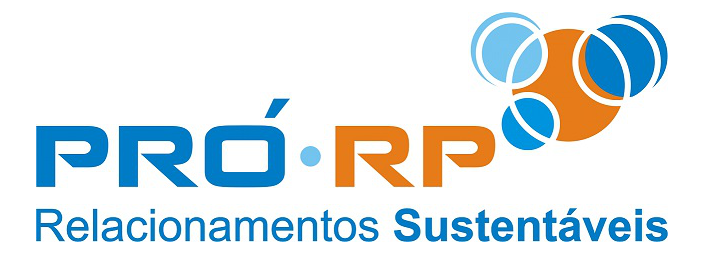pAs the technological revolution continues to advance, audit firms have to face the challenge of harnessing and utilizing these technologies to their clients advantage. Many of these advanced a href=https://data-audit.net/2020/03/16/management-board-software-for-audits/ Discover More/a technologies arent just options theyre essential to an effective future in auditing.
/p
pMachine-learning, data analytics, and robotic process automation are the most advanced technologies that are making an enormous impact for auditors. These tools allow auditors to get a more complete view of the clients processes, inventory and system controls, which they can share with management and boards.
/p
pAnother new tool is blockchain. It can reduce the estimated time of financial transaction clearance from months to a matter of hours. This will allow continuous risk assessments during the period of audit instead of only one evaluation at the end of each year.
/p
pArgus is an example of a software that uses artificial intelligence to decrease the amount of manual review and processing that is needed during an audit. It employs machine learning and natural language processing to quickly search electronic document files. This allows auditors to focus their attention on more valuable tasks, such as the assessment of risks and verifying results.
/p
pBut there are still many obstacles that can limit the adoption of these technologies. It can be difficult to find time to explore new technologies in companies where compensation is dependent on billable hours. Also, the cost of initial investment as well as ongoing support and maintenance for tech could be a significant factor. However, with continued collaboration between audit firms regulators, standard-setting agencies and auditors, these challenges can be overcome.
/p
